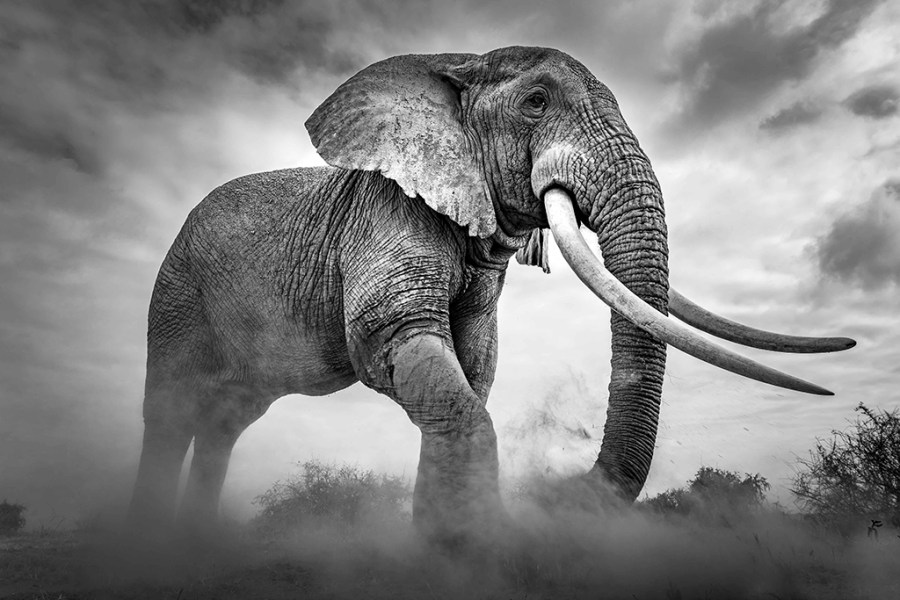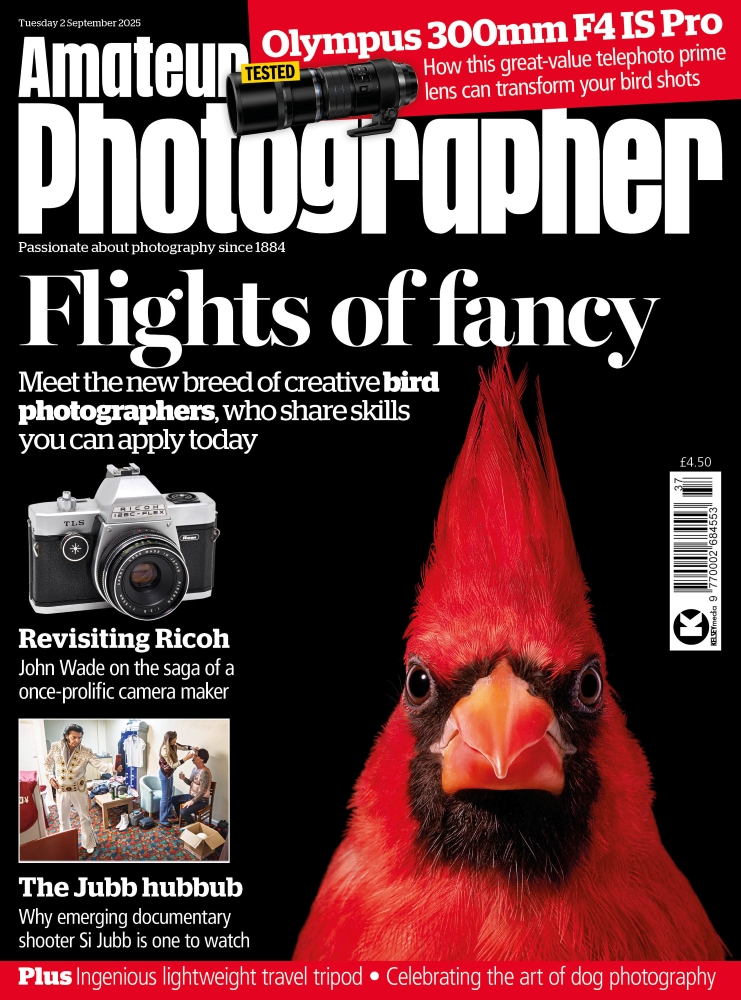What’s the photo that means the most to you? A perfectly timed shot? A technical masterpiece? Or just a simple picture that stirs a powerful memory?This question lies at the heart of World Photography Day – an annual celebration that invites photographers worldwide to pause, reflect and share on 19 August. This year’s theme, Your Favourite Photo, encourages everyone – from seasoned pros to casual phone photographers – to think deeper about the images that matter most to them.
So what’s the bigger picture behind the day? What is it really trying to achieve?
World Photography Day isn’t just about sharing photos; it’s about shifting focus from technical perfection to real storytelling and emotional connection. In a world flooded with flawless images, the campaign asks: Why did I take this photo? What story does it tell?
By valuing personal meaning over pixel-perfect shots, the campaign embraces all kinds of photography – whether a candid street snap or a polished portrait – so long as it resonates. It celebrates the story behind the image, not just the image itself.

World Photography Day history
Back on 19 August 1839, something remarkable happened: the French government released the patent for the daguerreotype – the first practical photography process – free to the world. It was essentially the first time photography was open-sourced, giving everyone the chance to explore this new visual language. That symbolism sits at the heart of World Photography Day’s mission. Just as photography was democratised 186 years ago, they’re now working to democratise visual storytelling – making it something everyone can take part in, regardless of skill level or equipment.
Since then, photography has come a long way. We’ve moved from heavy glass plates and darkroom chemicals to digital sensors and editing apps. But somewhere along the way, we started focusing more on kit and technique – sometimes forgetting photography’s real power: its ability to bring people together through stories that speak across cultures, languages and experiences.
The idea for a dedicated day to celebrate photography was first proposed in 1988 by OP Sharma, a passionate photography teacher from India. After years of persistence and collaboration with photography communities around the world, the first official World Photography Day took place in 1991.
Initially, it was mainly celebrated in India. But by the mid-2000s, it began to gain global traction – especially online. Key figures like Korske Ara, an entrepreneur from Australia, and John Morzen, a producer from North America, helped expand its reach. Today, it’s a truly global celebration, with exhibitions, photo walks, workshops and countless photographers – from seasoned professionals to first-time shooters – sharing their favourite images and the stories behind them.
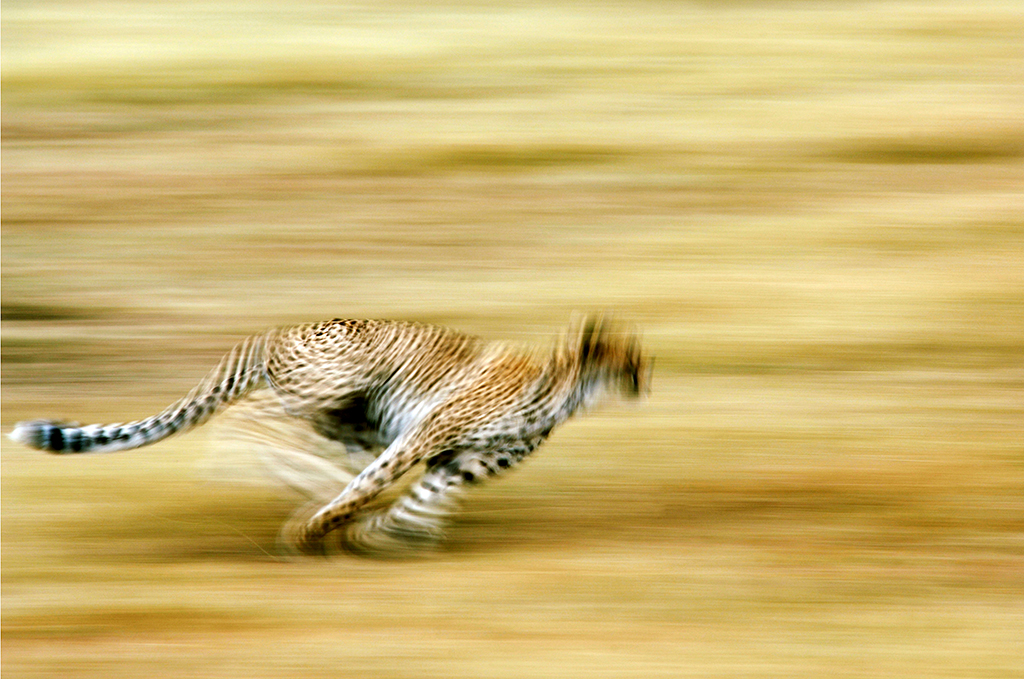
Each year, more people discover the event – sometimes even after 19 August has come and gone. That’s why, in 2022, World Photography Day evolved into World Photography Week, running from 12 to 26 August. It gives more time for reflection, sharing and community participation.
But this celebration goes deeper than just posting a nice picture online. It highlights photography’s role in documenting history, expressing identity, exploring creativity and building empathy. It invites us all to slow down, to look more closely, and to consider not just what we’re capturing – but why.
Whether you’re snapping a quiet moment on your street, framing a portrait of someone you love, or capturing life on a vintage film camera, World Photography Day is about connecting through what matters most: the story behind the image, and the feeling it carries.
What is the purpose of World Photography Day?
At its core, World Photography Day aims to foster storytelling that transcends borders. The organisers promote cross-cultural appreciation, using photography as a universal language to bridge geographic and cultural divides – so a powerful image from rural Bangladesh can resonate with someone in downtown Manchester in ways words might not.
They also champion mindful photography, encouraging people to pause and consider the story they want to tell before pressing the shutter. It’s a gentle pushback against the digital age’s tendency toward quantity over quality.
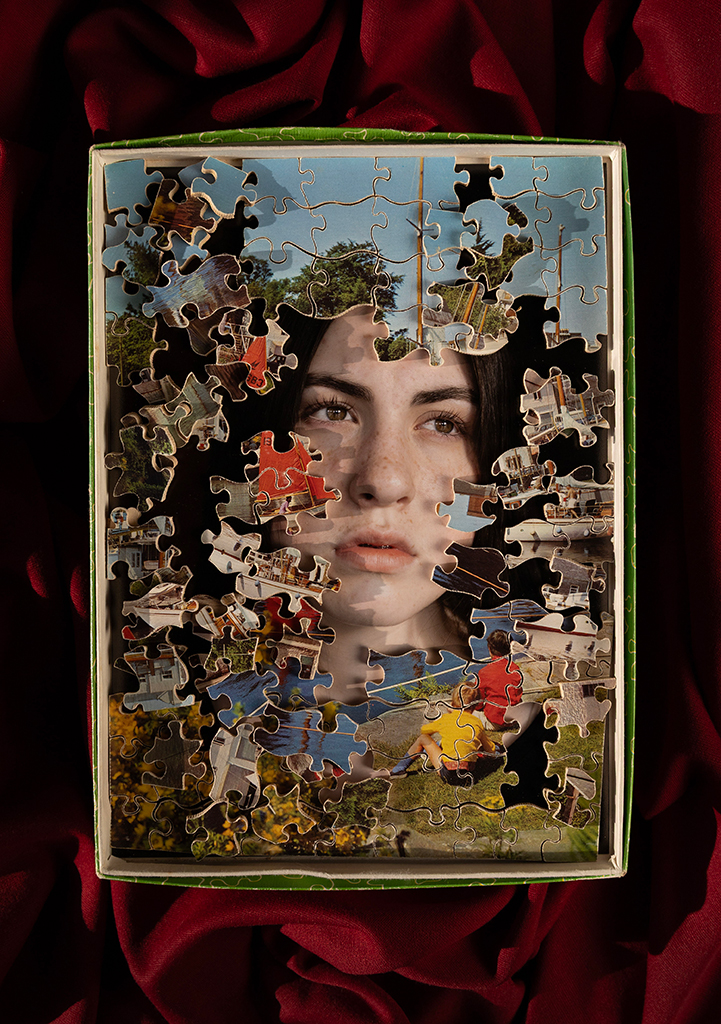
Perhaps most importantly, the campaign seeks to make photography accessible and legitimate for everyone – not just professionals or fine-art photographers. By celebrating personal meaning over technical skill, it affirms that every photographer has a valid voice worth sharing.
To support this inclusive philosophy, the organisers keep barriers low: no expensive gear or darkroom expertise is required – just curiosity, intention, and willingness to share your view of the world. This counters photography’s growing obsession with equipment and complex editing, proving that a simple setup and authentic perspective can create meaningful work.
The #WorldPhotographyDay hashtag and the recently launched World Photography Week website serve as platforms for connection rather than competition. Participants can share images, read others’ stories, and discover perspectives beyond their usual circles. All photos are showcased on this site, ensuring every voice is seen and heard.
Ultimately, World Photography Day is a global celebration of storytelling through images – an invitation for people everywhere to share their unique stories and cultures, connecting us all through the universal language of photography.
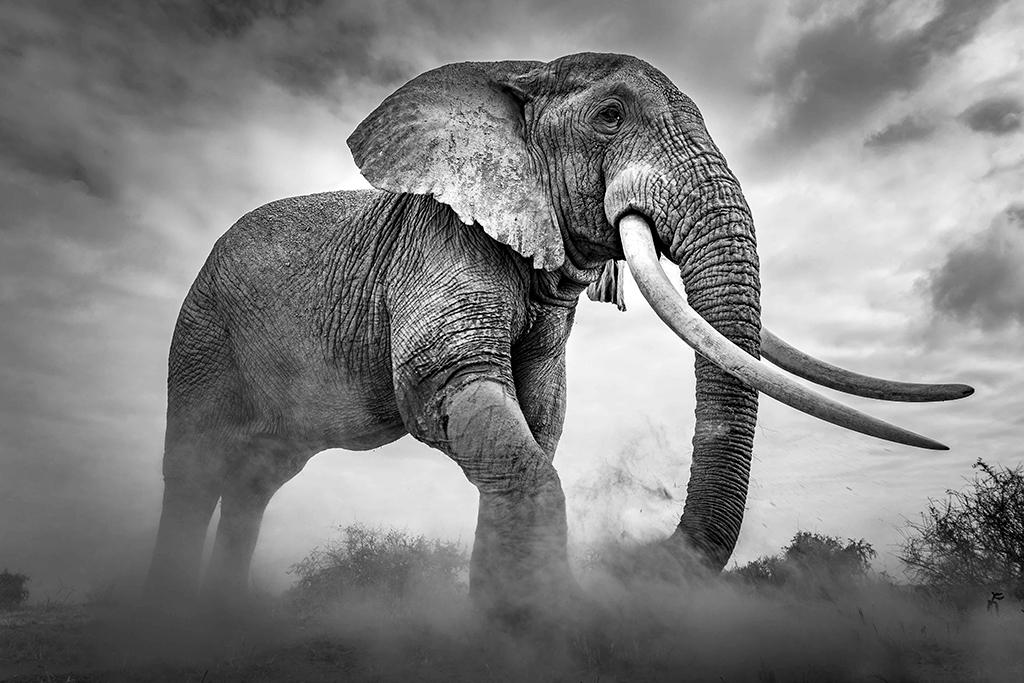
The appeal
In a culture obsessed with gear reviews, tutorials, and pixel-perfect results, there’s something refreshingly subversive about a campaign that says: ‘Just share one photo that means something to you, and tell us why.’
It strips photography back to its documentary and emotional essentials – not as a technical exercise or commercial pursuit, but as a way to connect through shared human experience. For amateur photographers who sometimes feel overshadowed by professionals, this message is especially powerful.
The campaign suggests your photo of your grandmother’s hands, your local high street during lockdown, or a perfect moment at your child’s sports day holds just as much documentary and emotional value as award-winning photojournalism – if shared with genuine intention.
World Photography Day boldly claims photography’s real value lies not in technical achievement but in its power to document, preserve, and share human experience. Whether capturing social movements with pro gear, family life with a phone, or landscapes on vintage film, every thoughtfully made photo has value when shared with purpose.
The lasting question
Ultimately, World Photography Day asks what we truly value in photography. Is it technical perfection, expensive equipment, and professional validation? Or is it photography’s unique ability to freeze moments, preserve memories, and share perspectives across the human experience?
This 19 August, before worrying about sharpness or exposure, pause and ask: What story does this image tell? That question alone might change how you think about every photo you make.
More favourite photos for World Photography Day
Jade Burrell
This photo was my first exhibited image – at The Photography Show, when it was runner-up in a competition. Just seeing it on display and how much people loved it makes it really special to me. It’s still my favourite and most talked about, three years later.
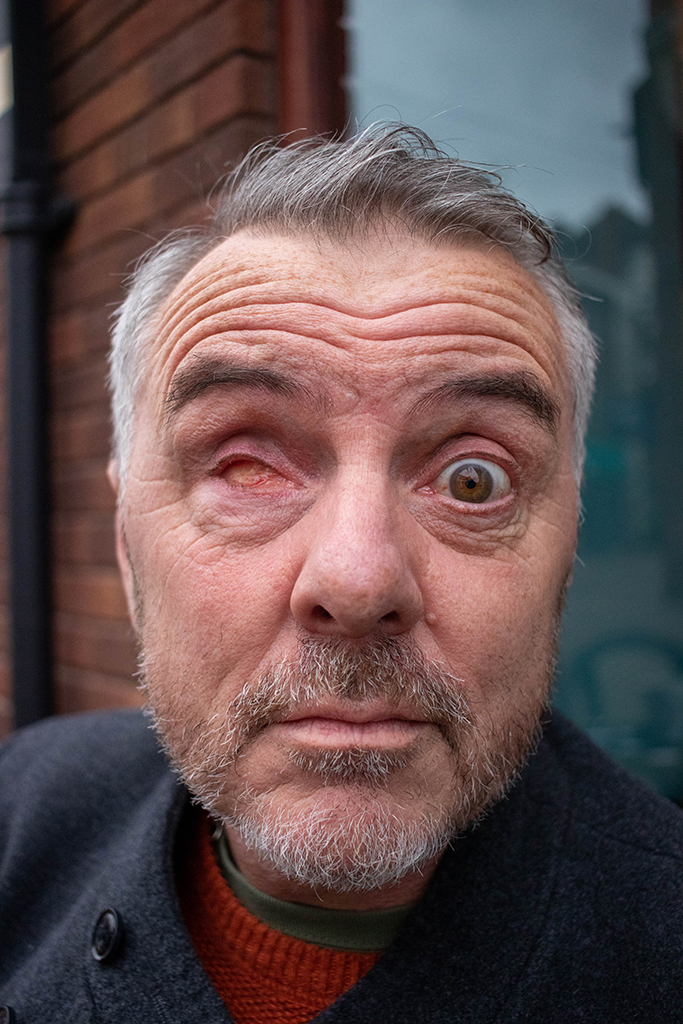
Marta Szczesniak
I would like to share with you my favourite photo, which is a girl from Thailand. I was there with my friends, who were giving meals to homeless kids. My friend asked me to bring my camera with me, and the pictures came out really well. This one showed the love she’s got inside her.
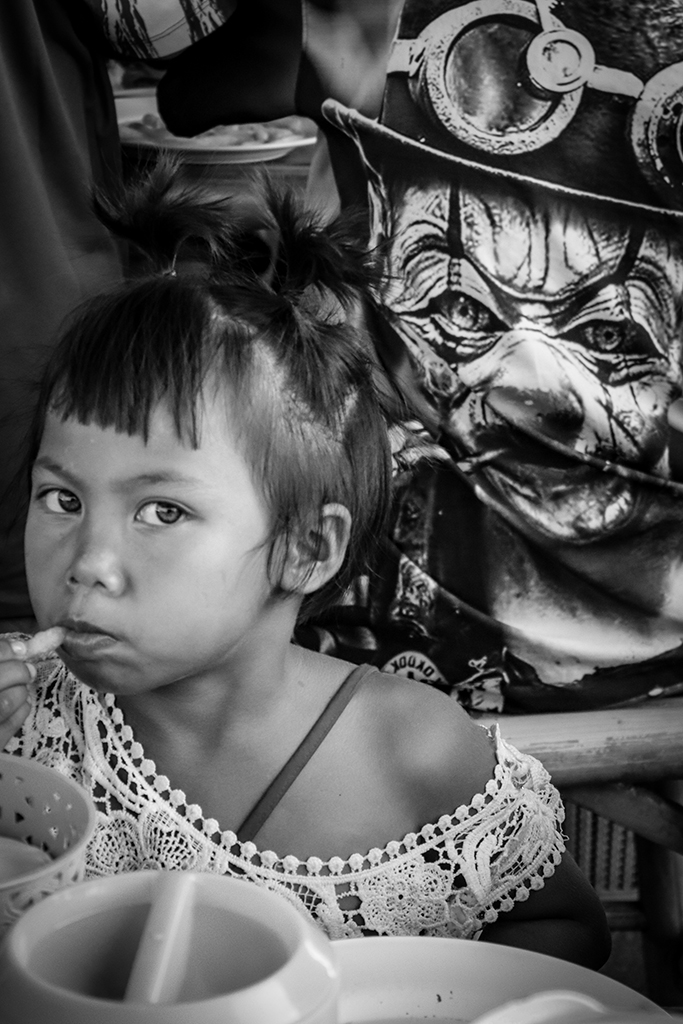
James Bevan
Åndalsnes, Norway. Looking at Store Trolltinden I can remember where I was, who I was with and what I felt at the time. It was also just a very cool place to be, and the photo kind of encapsulates a lot of that. There was also a lot of luck involved, and its one of the first photos I’ve taken where I’m proud to say it’s mine.
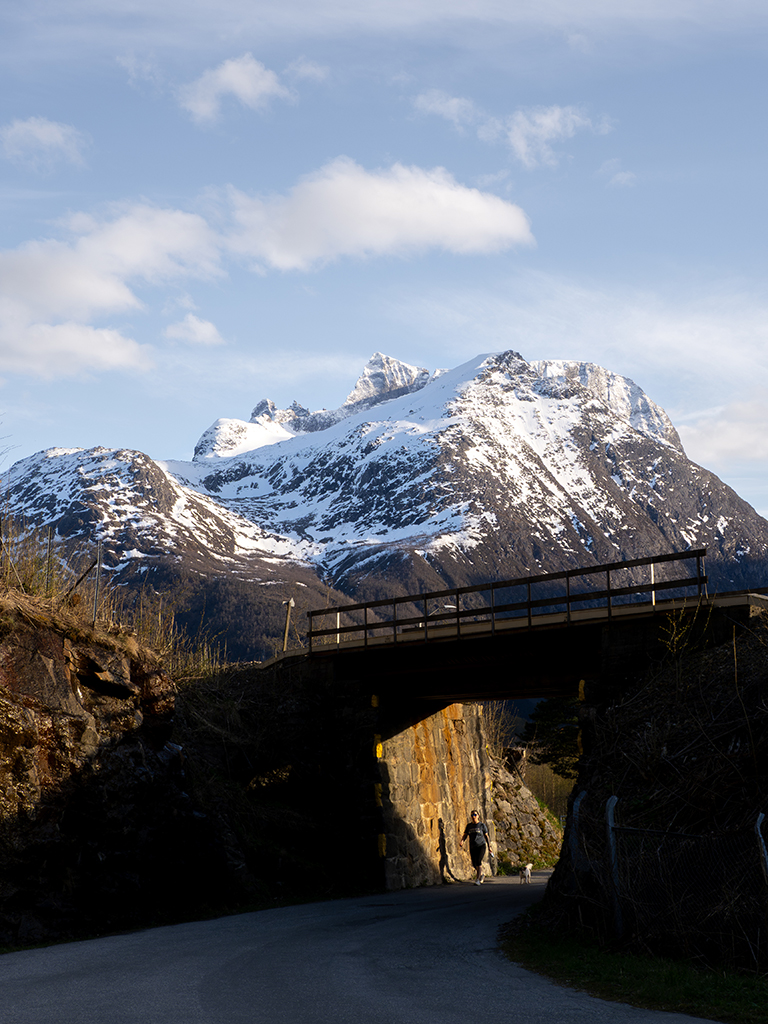
Paul Joynson-Hicks
Leaping Giza: This I love for so many reasons… Firstly, wow! It’s a black leopard and that in itself is an extraordinary thing to see. I saw her in Laikipia, Kenya. Secondly, seeing her jumping across a river stone to stone is another mad scene to witness and finally being able to actually capture it was incredible. I was so chuffed with the image; the light was a little flat, so I created a black & white from it so she really pings. Also, you can identify it as her immediately as she has a kink in her tail.
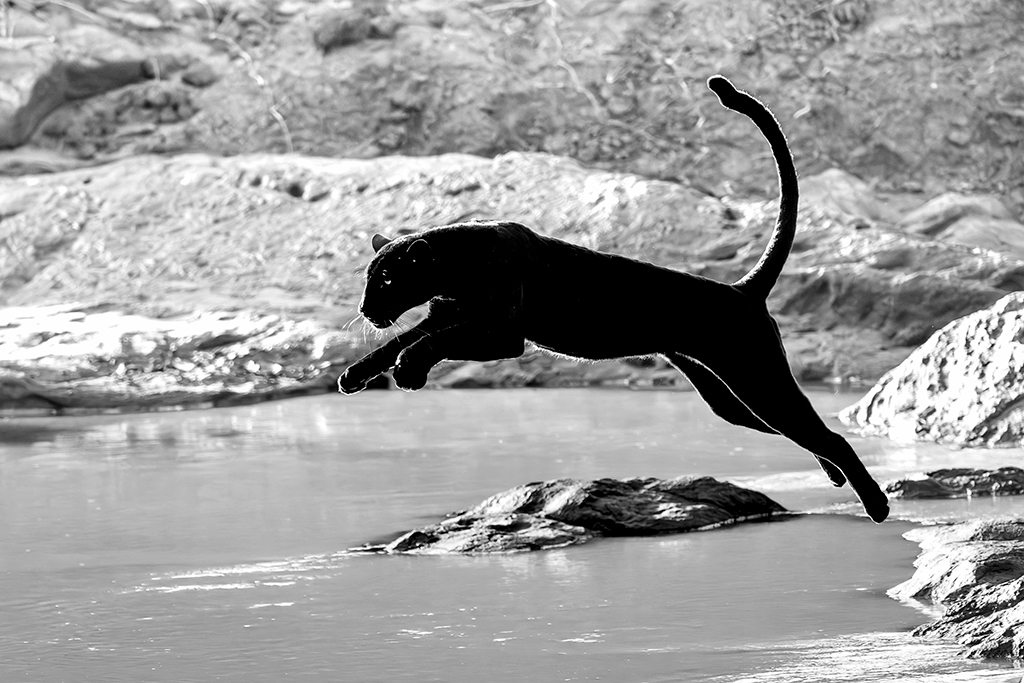
Share your favourite photos with us on social media or via email at ap.ed@kelsey.co.uk – you could have a chance to be published!
More reading:
- Ocean photographer finalists show stark reality of our blue planet
- Latest Taylor Wessing Photo Portrait Prize shortlist revealed!
- Accidental discovery leads to award winning photography
- I think we should go back to compact cameras for this one key reason
- Is Kodak finally reaching the end of the road?
- Kodak hits back: ‘we are not going out of business!’

